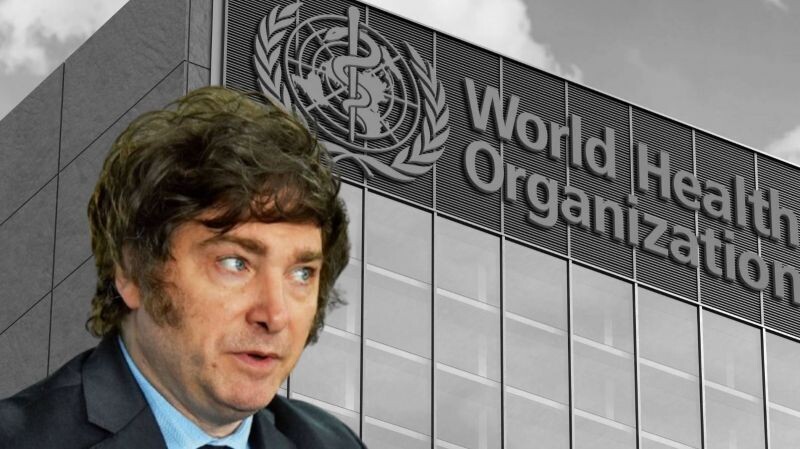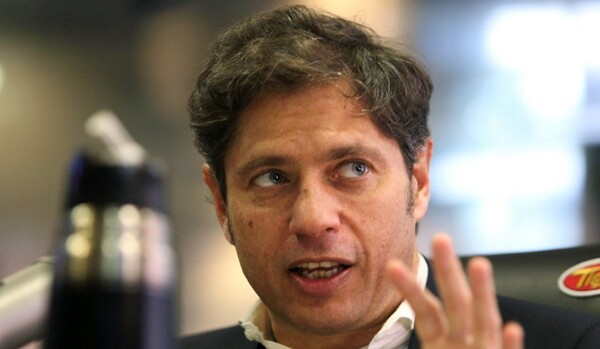
Argentine President Javier Milei announced in an exclusive interview with the French media Le Point that his administration is considering the possibility of withdrawing Argentina from the Paris Agreement on climate change, as part of his policy of disengagement from international organizations. This decision follows the recent withdrawal of the World Health Organization (WHO) by the president.
In his statements, Milei described the environmental agenda as "a fraud" and questioned the scientific basis of climate change, arguing that global warming is part of natural cycles of the planet and is not related to human activity. According to him, the current increase in temperatures is the fifth cycle of this nature, with the previous four occurring before the presence of humans on Earth.
Additionally, the Argentine president harshly criticized the WHO, labeling it as a "criminal organization" and accusing it of "crimes against humanity" during the management of the Covid-19 pandemic, citing Article 7 of the Rome Statute.
Despite his critical stance towards certain international organizations, Milei expressed his intention to keep Argentina in Mercosur, emphasizing the importance of the bloc in regional security issues and the fight against drug trafficking. He proposed a flexibilization that would allow independent bilateral trade negotiations and expressed his desire to reach a free trade agreement with the United States.
Regarding social issues, the president addressed recent controversies, defending his liberal stance concerning the LGBT+ community and questioning the legal figure of femicide, arguing that this contradicts the principle of equality before the law. According to statistics cited by Milei, 75% of homicides in Argentina involve male victims.
The eventual exit of Argentina from the Paris Agreement would represent a significant change in the international landscape, joining the trend of disengagement from multilateral organizations that has characterized Argentine foreign policy recently, in line with a critical view of global governance structures.













